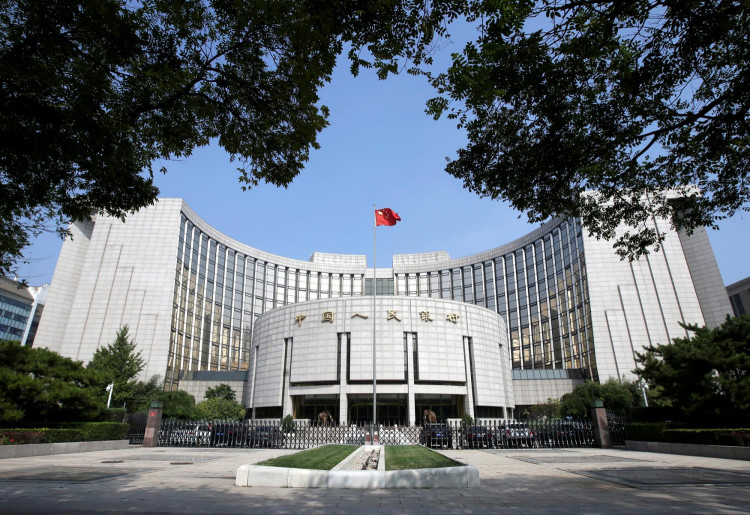The governor of China's central bank struck a positive voice on the global economy's current status, while pointing out that policymakers in the nation should continue to refrain from significant easing measures.
According to an article by Governor Yi Gang posted Sunday on the WeChat page of Qiushi, the flagship publication of the country's Communist Party, the strategy should be prepared for a "mid-to long-distance battle."
The comments were published last week following a rebound in new orders after a factory gauge showed an unexpectedly strong improvement for China's factory and industrial output as the government seeks to strike a balance between supporting a slowing economy affected by tensions with the United States and controlling financial risks.
The nation also needs to be careful about a credit contraction as downward pressure increases over the weekend, according to state media comments from a banking regulator.
According to the latest data released by the National Statistics Bureau, the official index of industrial purchasing managers grew to 50.2. This is the first reading that has indicated expansion since April, and may support the idea that the world's second-largest economy is stabilizing through stimulus measures and improved external demand.
However, seasonal factors influenced the rise, and downward pressure remains on China's economy, including factory deflation.
A rally in the economy "should not necessarily be measured by the increase in gross domestic product, Yi said, adding that the monetary policy's task is to control prices and preserve the cash of citizens from inflation. He also vowed to retain the yuan's stability and not participate in sustainable depreciation.
The outlook for China's economy remains particularly uncertain as long as there remains an outstanding so-called "Phase One" trade deal with the U.S.
While officials have made positive noises over the past week, the nationalist tabloid Global Times reaffirmed China's position that a roll-back of tariffs is needed to reach an agreement.
Yi's comments came ahead of a high-level economic meeting expected this month that will set growth targets for 2020 for top leaders and senior officials.
Market analysts anticipate that China's economy will slide to sub-6 percent growth in 2020, a situation in which Beijing may be comfortable as long as there is a strong job market opportunity and risks are under control.
A sub-index of new export orders climbed to a peak of seven months at 48.8 on growing market uncertainty in the purchasing manager's study but was still in relative contraction.






